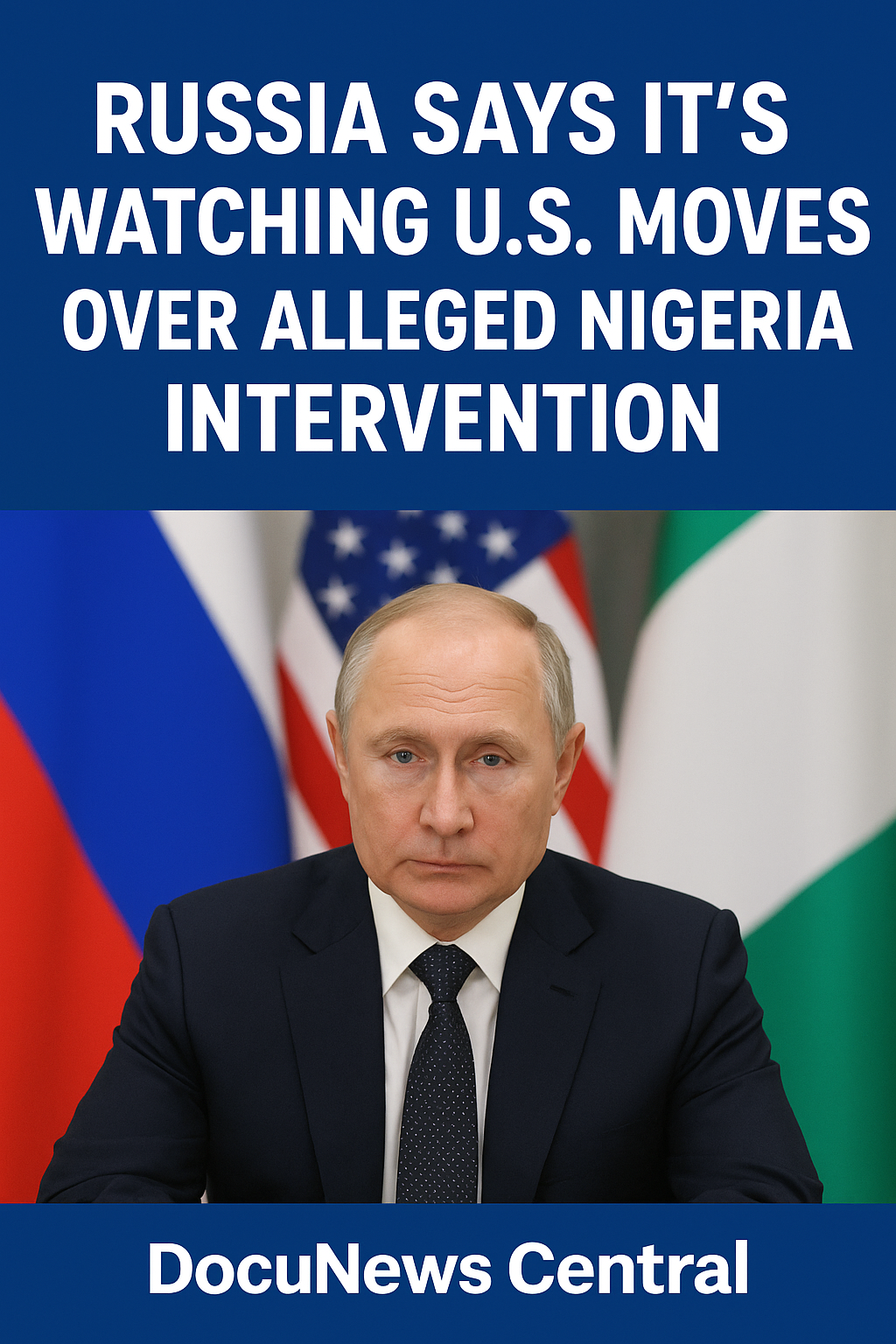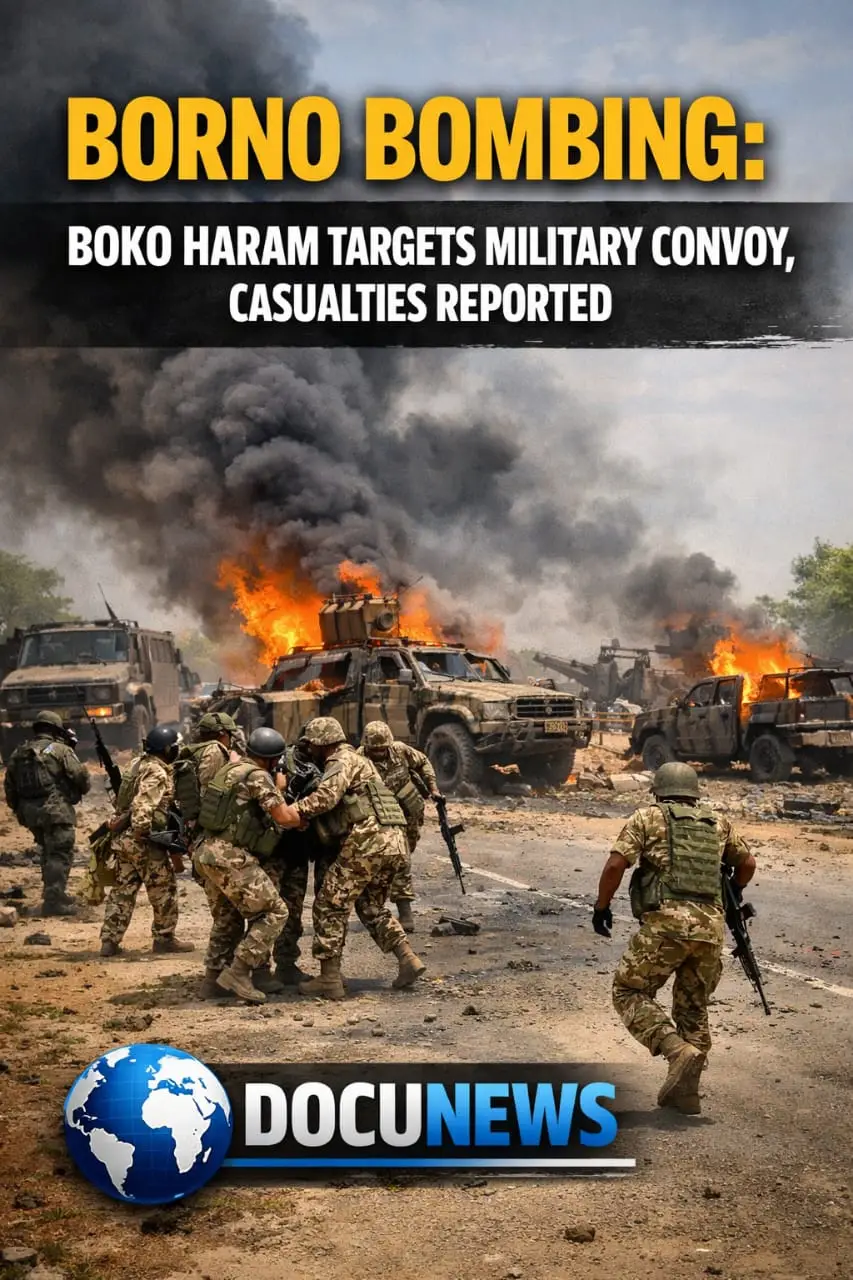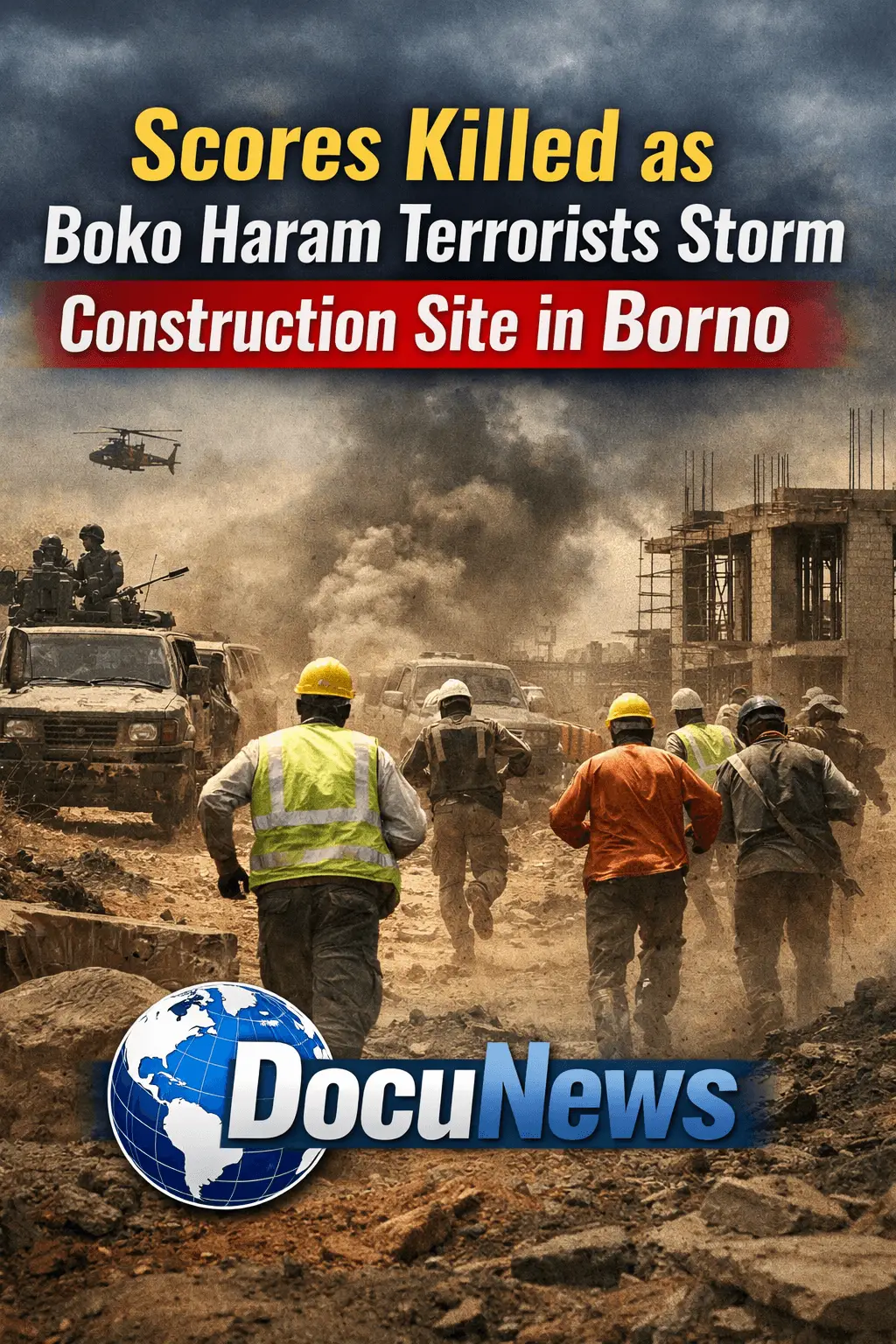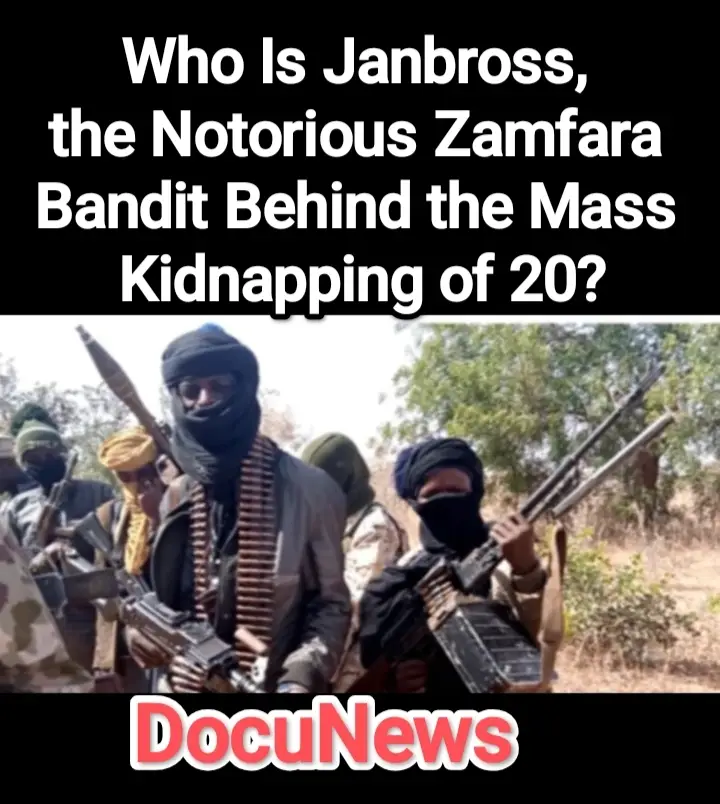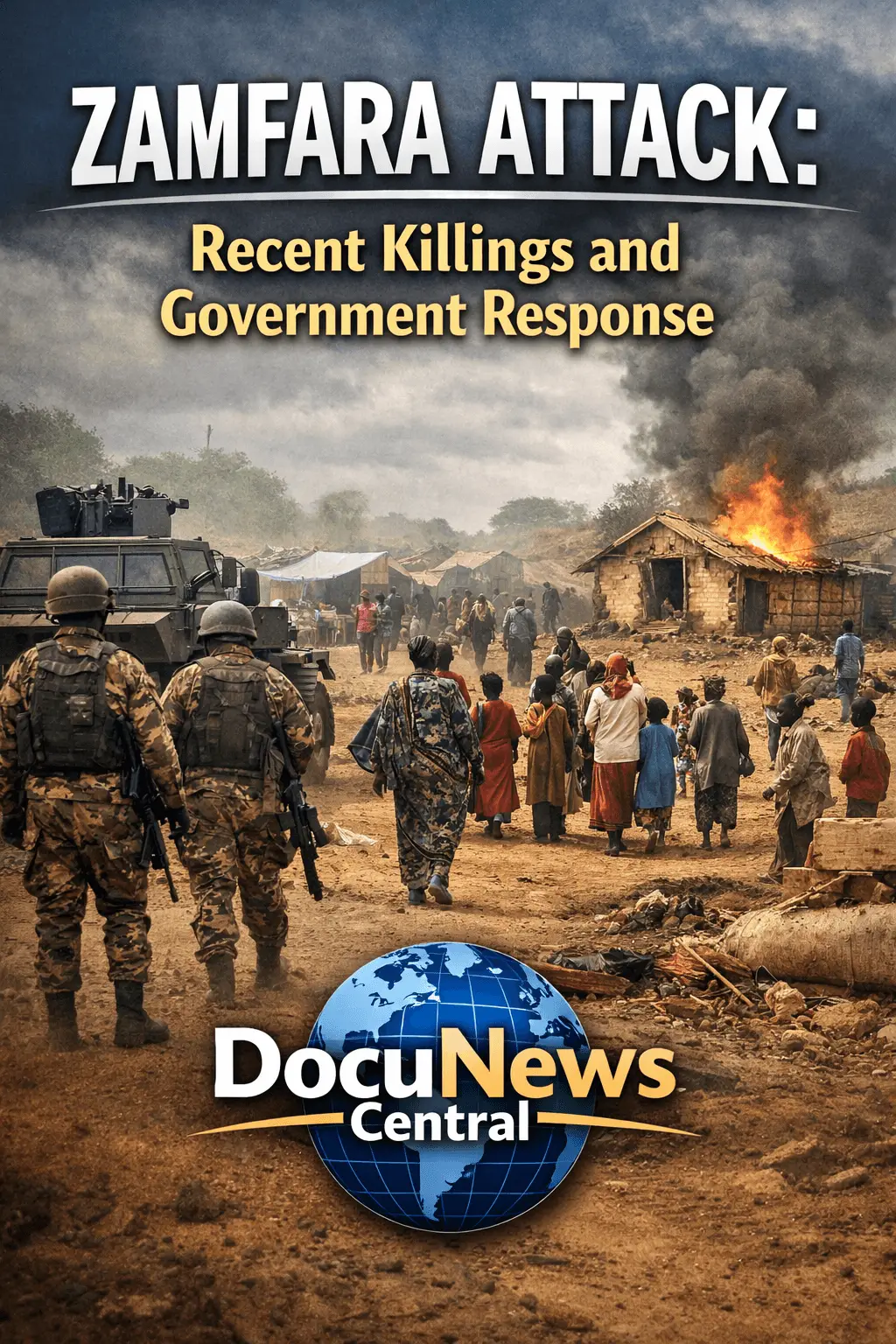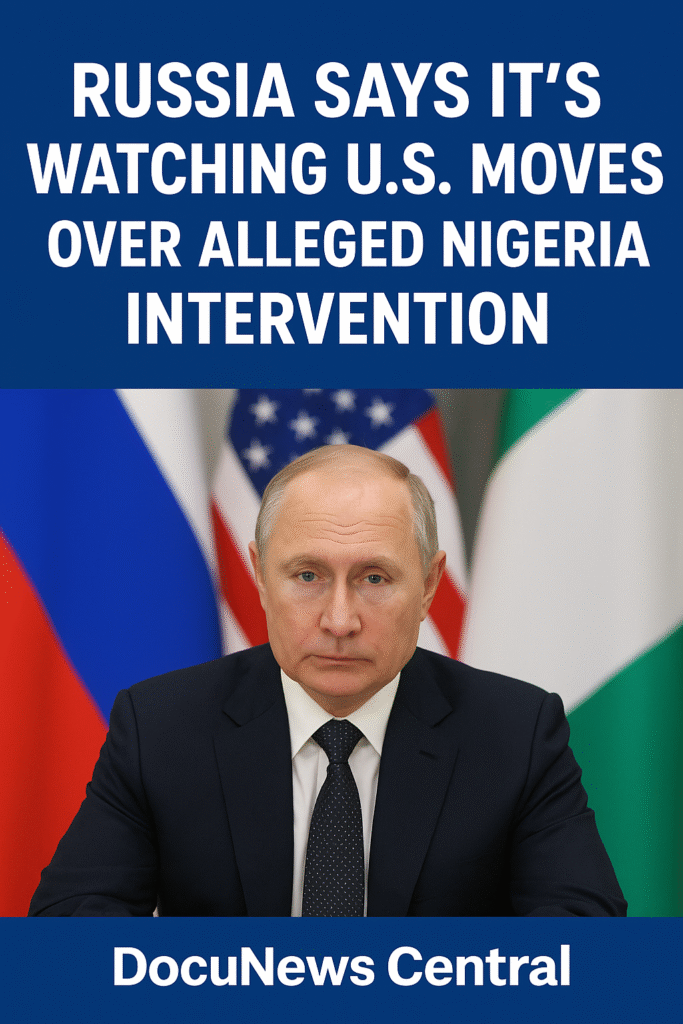
Russia has said it is carefully watching reports of possible United States military intervention in Nigeria. The statement follows comments made by former U.S. President Donald Trump about deploying forces to protect Christian communities in Nigeria. Moscow’s response adds a global dimension to what began as a domestic issue.
Russia’s Response
Maria Zakharova, spokesperson for the Russian Foreign Ministry, said Moscow is “closely monitoring the situation” and urges all parties to respect international law. According to reports, Russia’s statement is aimed at ensuring that no external power interferes with Nigeria’s sovereignty without global consensus. (Read related report on U.S. military design plan).
Her comment came shortly after Donald Trump asked the U.S. Department of Defense to prepare “options” for military action in Nigeria. He claimed the move was necessary to protect persecuted Christians. However, many analysts warn that such a decision could worsen tensions in the region.
Why Russia Is Concerned
Russia’s position is not surprising. The Kremlin has consistently opposed unilateral military interventions without international approval. By speaking out, Moscow aims to reinforce global respect for state sovereignty and international law. The move also highlights Russia’s growing interest in Africa’s political affairs and its expanding diplomatic presence across the continent.
Moreover, Russia may be concerned about a new U.S. military presence in West Africa, where Moscow is building strategic partnerships through trade and defense agreements. Any move by Washington could be seen as an attempt to reduce Russian influence in the region. (See how Nigerian leaders defend sovereignty amid global reactions).
Nigeria’s Stand on the Issue
The Nigerian government has strongly rejected any talk of U.S. military intervention. Officials emphasized that Nigeria is a sovereign state capable of managing its own internal affairs. The Federal Government also stated that the country’s ongoing security challenges require cooperation, not interference. (Learn how Nigeria continues to handle internal legal and security matters).
In recent years, Nigeria has faced several conflicts involving insurgent groups in the North and bandit attacks across different states. Despite these challenges, the country maintains that foreign military involvement could undermine its national stability.
Global Reactions
International observers are closely following the situation. Many warn that any military interference could set a dangerous precedent in Africa. Human rights groups also emphasize the need for dialogue, diplomacy, and regional cooperation through ECOWAS rather than force.
Russia’s cautious tone reflects broader geopolitical realities. With tensions between Moscow and Washington already high, Africa could become another stage for diplomatic competition between the two global powers.
Broader Implications
The situation raises key questions about global intervention policies. Who decides when a country’s internal crisis requires foreign military action? And can moral or religious reasons justify breaching another nation’s sovereignty? These are issues that may shape the next phase of international diplomacy.
For Nigeria, the focus remains on protecting its territorial integrity while maintaining relationships with major global powers. The government’s measured response has so far helped prevent escalation.
Final Thoughts
Russia’s statement that it is “watching U.S. moves over alleged Nigeria intervention” is more than a diplomatic remark. It underscores the shifting balance of global influence in Africa and Nigeria’s growing importance on the world stage. As the conversation continues, the hope is that diplomacy and respect for sovereignty will prevail over military confrontation.
For more verified news and analysis, visit our latest updates on WAEC subject combinations 2026 and CAF’s new qualification format for Super Eagles.
DocuNews Central — Reliable. Balanced. Verified.







